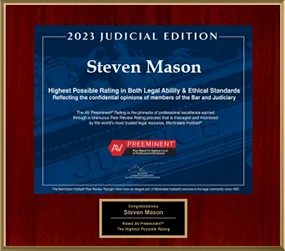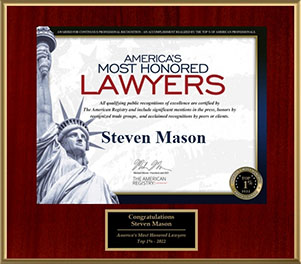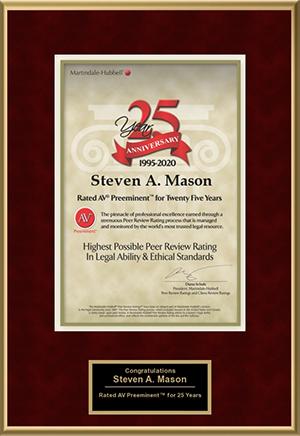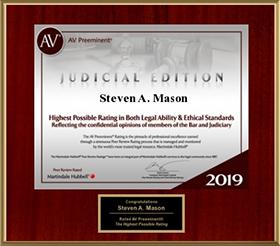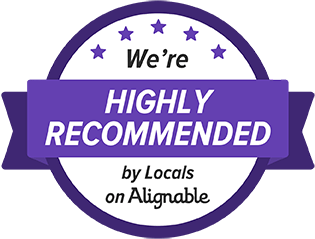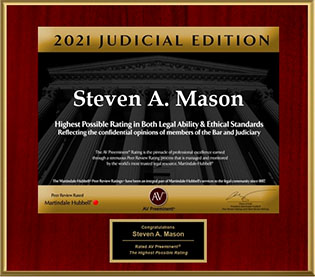Can My Condo Association Regulate Door-to-Door Deliveries?

Even before the COVID-19 pandemic, door-to-door deliveries were becoming more common in the United States. While the pandemic saw some restrictions on deliveries due to fear of contagion, most associations have lifted these controls since. That said, some Florida community associations are seeking to reintroduce them, arguing that door-to-door delivery is a convenience, not a right.
Restricting Access To Common Elements
While some community associations have no plans to restrict this type of delivery, those that are trying generally cite safety concerns as their primary reason why. While it is reasonable to voice concerns about non-residents granted free access to a condo building or gated community, there is no law as of this writing which prohibits an owner from voluntarily allowing a delivery driver to enter the premises. A condo board seeking to ban this practice would likely have to make a change to the governing documents before it could be done.
In general, a community association only governs the common elements and other parts of the property that do not belong to owners – but this would, in theory, give them the ability to restrict who may access those common elements, such as the garbage rooms or corridors absent a public policy reason to allow it. For most owners, it would not be an unreasonable request to ask a delivery driver to wait in the lobby, for example. However, there are possible exceptions.
Accommodations May Be Necessary
While it would not generally be unreasonable for delivery drivers to have to wait in the lobby when delivering an order, there are some exceptions that may give a community association pause before instituting this rule. The most commonly seen is with an elderly or disabled owner – if someone is bed-bound, for example, they cannot come to the lobby to collect what they have ordered, and not every elderly or disabled person has a caregiver or family members who could – at least sometimes – do the job.
Both the state and federal Fair Housing Act (FHA) might conceivably allow an owner in this situation to file a complaint with the relevant authorities, or to seek reasonable accommodation under the Americans With Disabilities Act (ADA). It is generally a good idea for any association seeking to make a rule like this to consult an attorney beforehand. It is best to reach accommodation with any elderly or disabled owner beforehand, instead of facing a potential lawsuit after the fact.
Contact A Hollywood, FL Community Association Attorney
It is reasonable to want to safeguard the well-being of both owners and elements of a community association – but restricting door-to-door deliveries may do little to further that end, and may get the association in unforeseen legal trouble. If you have questions or concerns about your association’s ability to regulate deliveries in this manner, a Hollywood, FL community association attorney from the Law Offices of Steven A. Mason, P.A. may be able to assist you. Contact us today for personalized attention.


